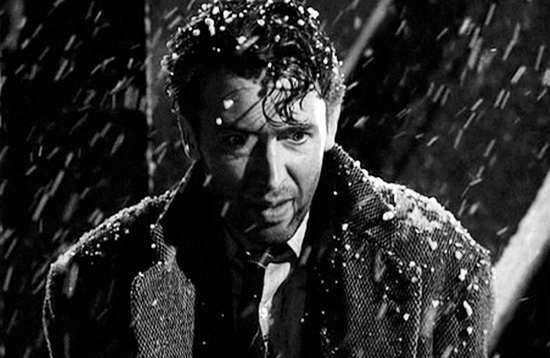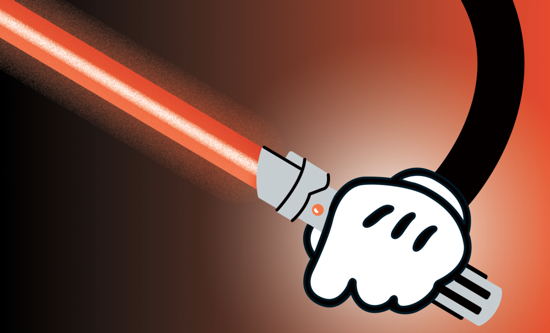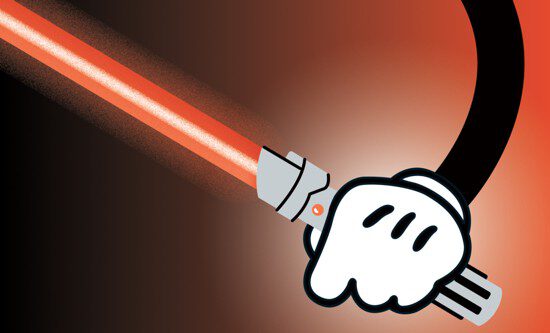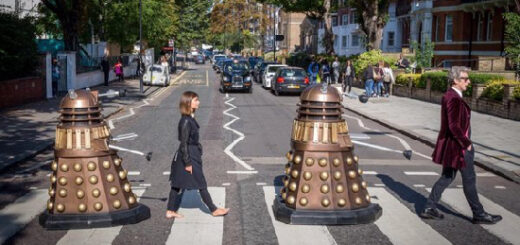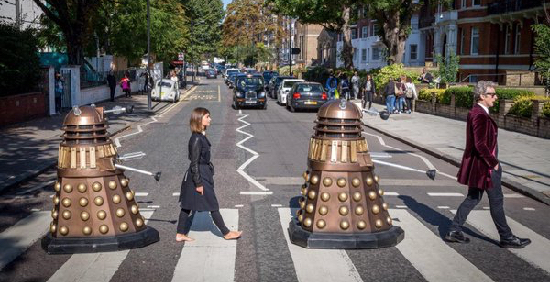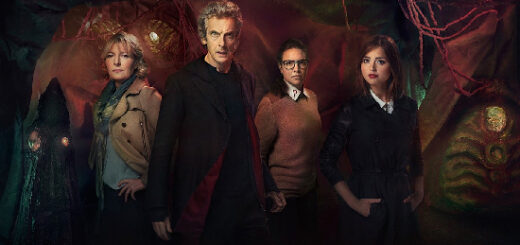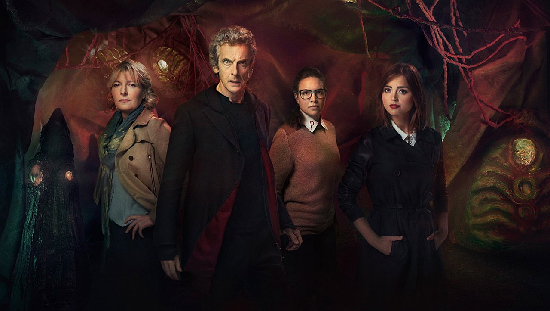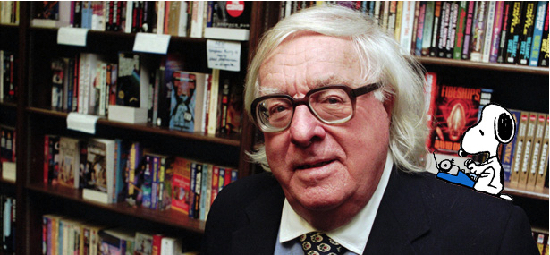Mindy Newell: It’s A Wonderful Life 2 – The Feds Awaken!
George Bailey: I’m shakin’ the dust of this crummy little town off my feet and I’m gonna see the world. Italy, Greece, the Parthenon, the Coliseum. Then, I’m comin’ back here to go to college and see what they know. And then I’m gonna build things. I’m gonna build airfields, I’m gonna build skyscrapers a hundred stories high, I’m gonna build bridges a mile long…
Uncle Billy: They did, they did it, George, they voted Potter down. And they only had one condition, and that’s the best part. They want you to run the Building and Loan.
George Bailey: No, no, this is my last chance to get away from here. Harry Bailey is your man, he will run the Building and Loan.
Uncle Billy: But George, they’ll vote with Potter otherwise…
Mary Bailey: George Bailey lassos stork.
George Bailey: Mary…you…you…you…Mary, are you on the nest?
George Bailey: Why’d we have all these kids?
— It’s A Wonderful Life, Directed by Frank Capra
There’s a moment in It’s A Wonderful Life that always nails the character of George Bailey (Jimmy Stewart).
George is at the train station, eagerly awaiting return of his brother Harry from college. Harry is supposed to take over the running of the Bailey Bros. Building and Loan Association so that George, who sacrificed his own college education to take over running the family business after the death of the boys’ father, can finally get his chance to leave the “crummy little town” of Bedford Falls, NY and change his dreams into reality. But Harry arrives with a surprise – a wife.
George Bailey: What’s a pretty girl like you doing marrying this two-headed brother of mine?
Ruth Dakin Bailey: Well, I’ll tell you. It’s purely mercenary.
Ruth: My father offered him a job.
George: Oh, he gets you and a job? Well, Harry’s cup runneth over.
Harry: Uh, George, about that job, Ruth spoke out of turn.
The newlyweds walk off stage and the camera zooms in on George. It’s maybe three seconds of screen time, and yet it’s all there. Rage and jealousy, personal dreams vs. responsibility and familial duty, recognition and realization and resignation.
I watched It’s A Wonderful Life for the thousandth time on Christmas Day. Well, due to the standard of truth in this column to which I hold myself: I started watching the film at my daughter’s mother-in-law’s house after a scrumptious dinner, but I finished it on my DVR when I got home. And yeah, I got weepy for the thousandth time when Clarence got his wings.
But today, for some reason, Cynical Mindy took over, or maybe it was just me being the writer thinking “what happened next?” I started wondering if George would have gone to jail anyway. Yes, thanks to the townspeople emptying out their piggybanks, he could, in theory, cover the loss. But the original money is still missing – and it’s the money that was held in escrow by the Bailey Bros. Building and Loan Association for the company’s investees and mortgagees and debtors, i.e., the very people who gave George more money.
So, in effect, didn’t they just double their loss? In other words, my landlord has my security deposit in an escrow account. That money, plus whatever interest it has earned, is supposed to be returned to me when I move. But what if my landlord lost that escrow account. If I gave him the equivalent amount of cash to keep him out of jail for embezzlement and misappropriation of funds, then he would still owe me at least my original security deposit plus interest, right? (It could be argued that the second amount of cash was a gift.) Or would the Federal Deposit Insurance Corporation, which was created by F.D.R. under the Banking Act of 1933, cover the losses of the citizens of Bedford Falls. Perhaps this is a question for Bob Ingersoll, ComicMix’s intrepid interpreter of law.
And wouldn’t Ernie the cop and the Bedford Falls Police Department still be under the obligation of investigating just what the hell happened to the $8,000 that Uncle Billy lost? Or would it be the New York Treasury Department, or the FDIC? Hey, maybe they would, and the trail would lead to Mr. Potter, and the bastard would be the one to go to jail.
But, Cynical Mindy thinks, Potter would probably pay off the judge, or threaten him with the political consequences of the judge bringing Potter to trial – I’m sure Potter has a million politicians in his pockets – and walk away clean… or set it up so that Uncle Billy went to jail.
And then maybe Mary would get tired of George talking about angels and ringing bells and leave him – and George would try to commit suicide again, only this time everybody “up there” already has their wings and the townspeople think he’s nuts or fed up that he never paid them back for that time they pulled his ass out of the fire, or decide that George is a scam artist after all, so they would turn their backs on him, too… so George dies.
Or maybe Mary, convinced that her husband has gone off the deep end talking about an alternate reality in which he never existed and in which she ended up a spinster librarian – “Really, George, that’s what you think would happen to me if I had never met you? Have you forgotten Sam Wainwright?” – would commit him to a mental institution.
And there George would sit, talking about an angel named Clarence and rereading, over and over, an old, battered copy of The Adventures of Tom Sawyer.
Ho! Ho! Ho!
Merry Christmas, everybody!!!!

